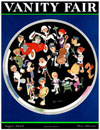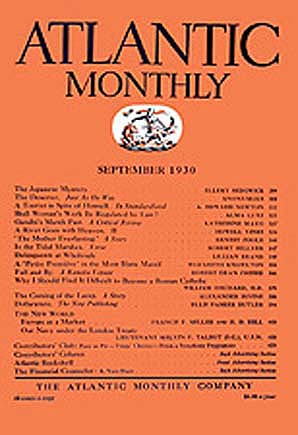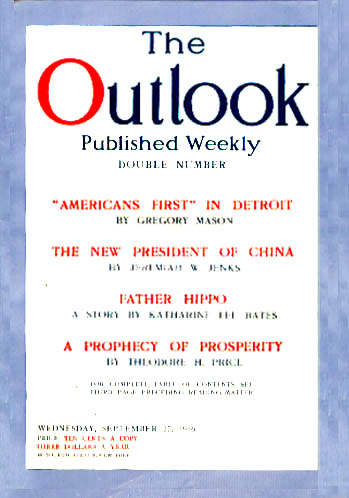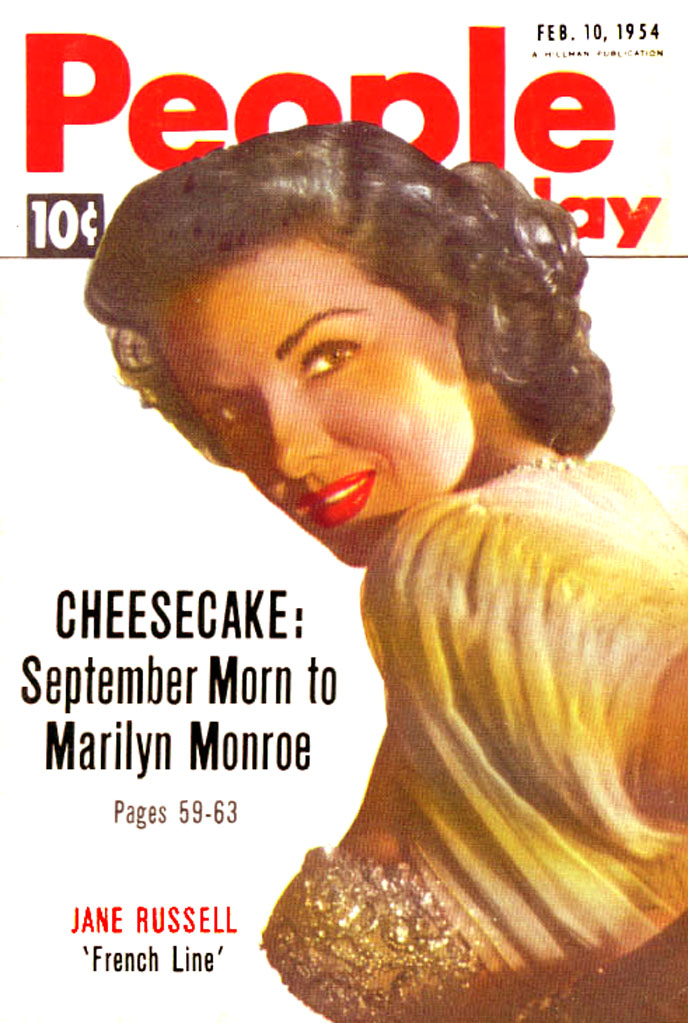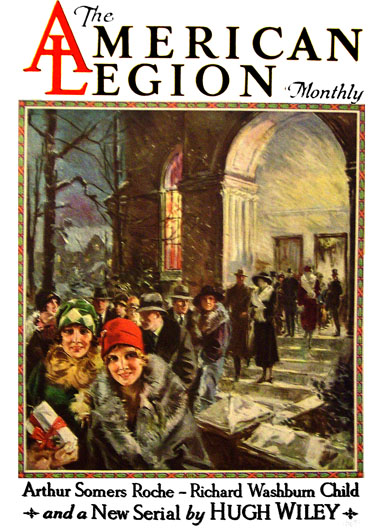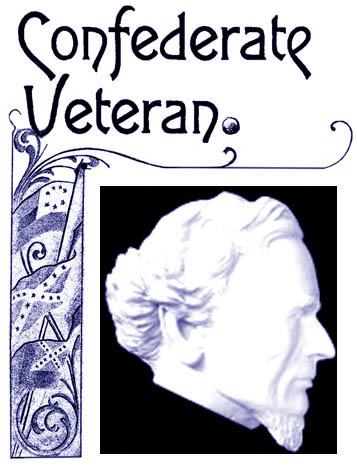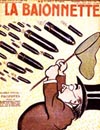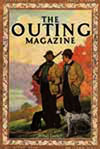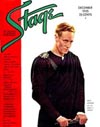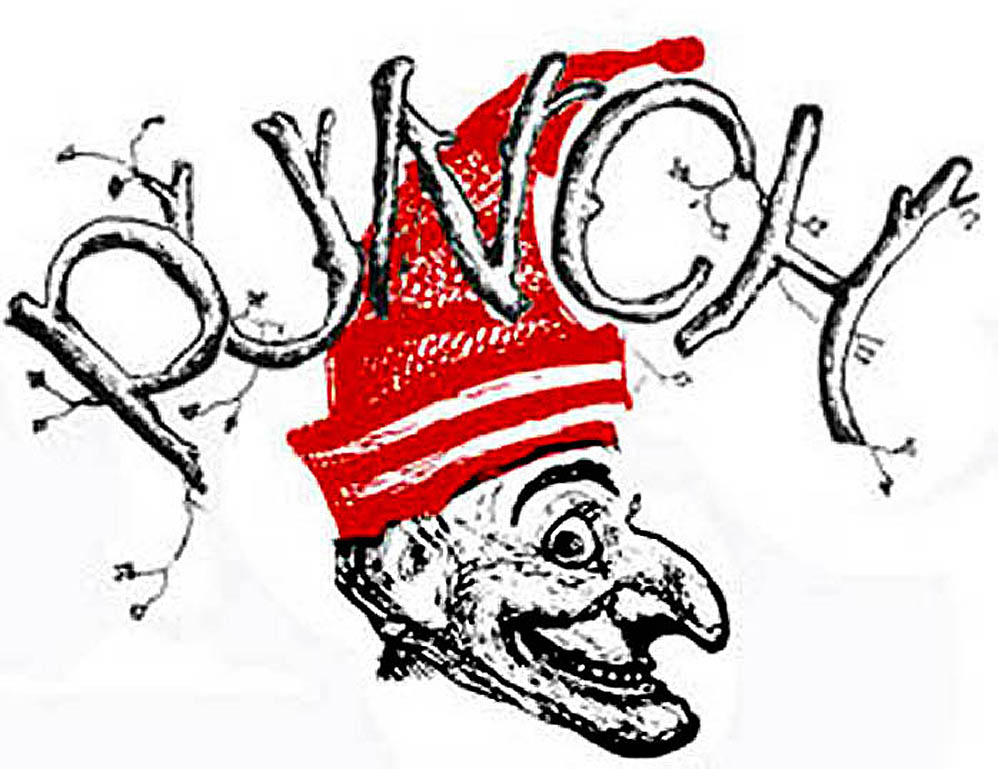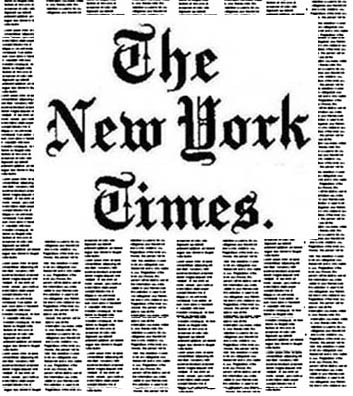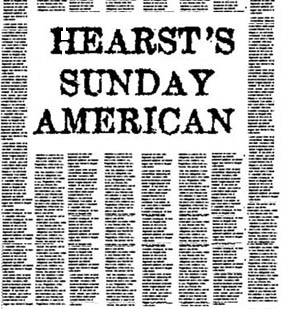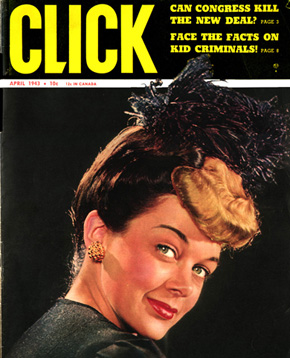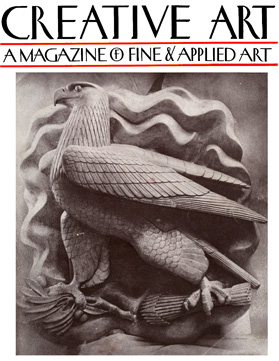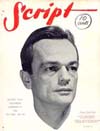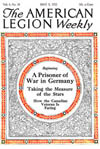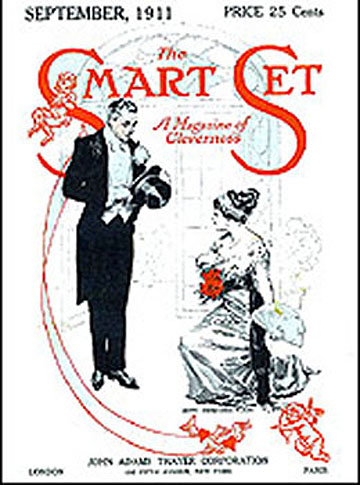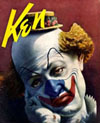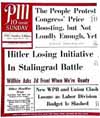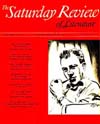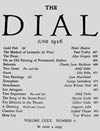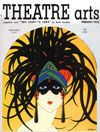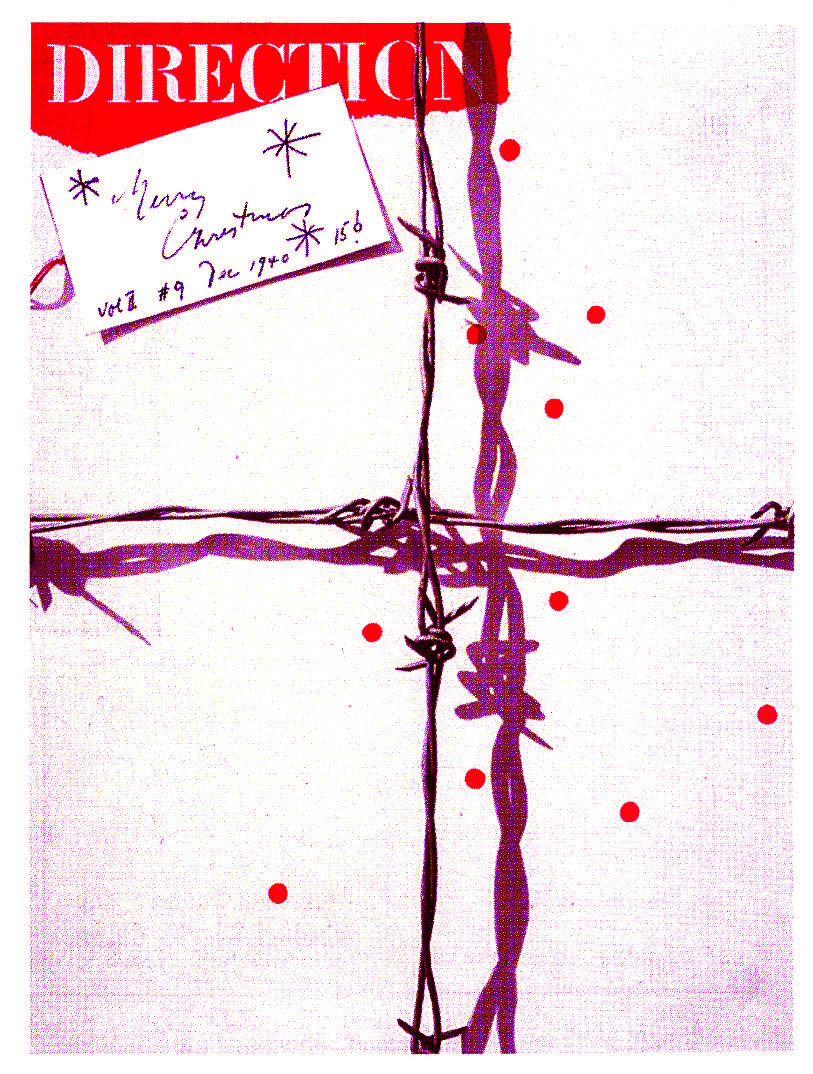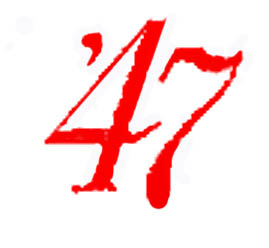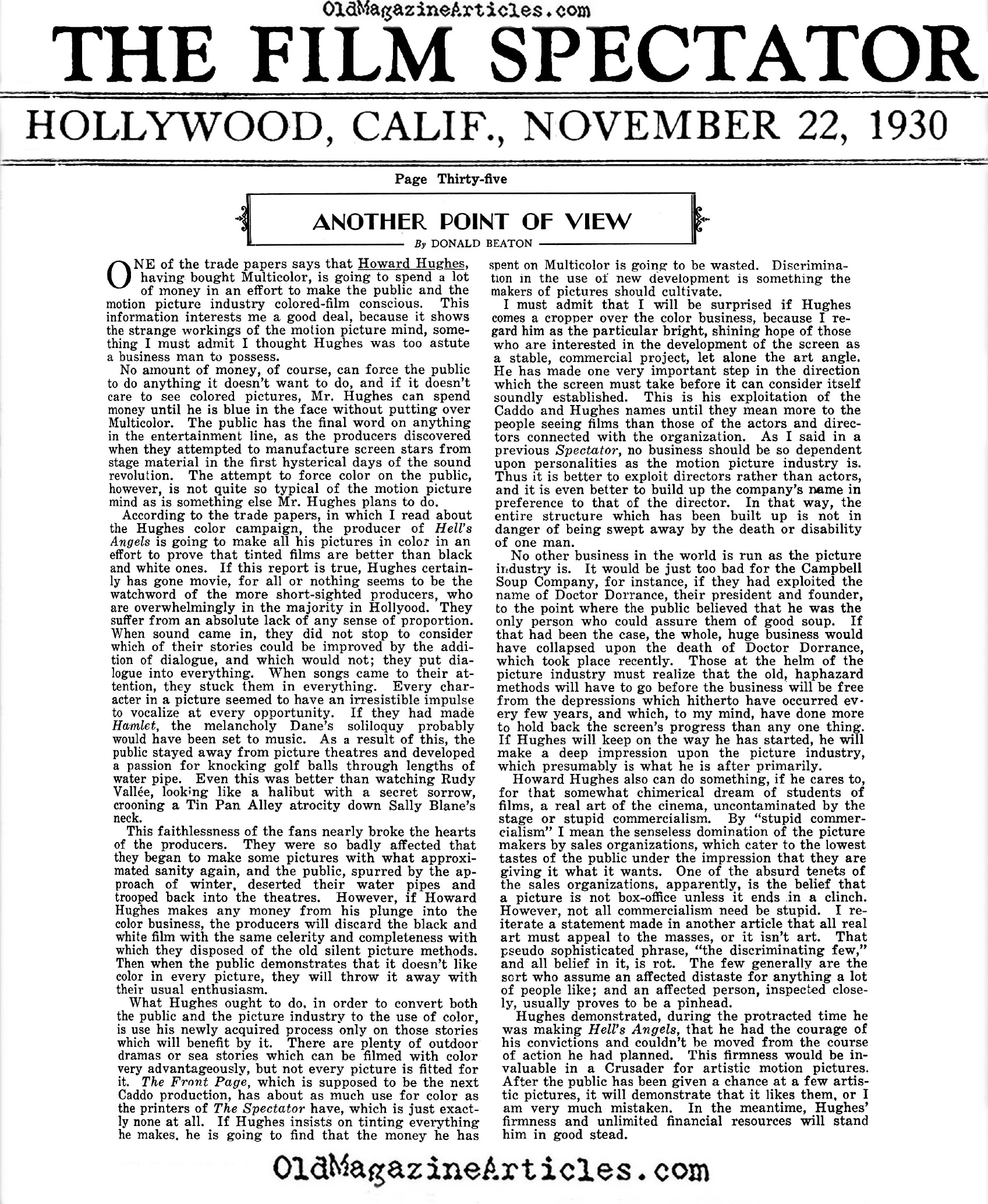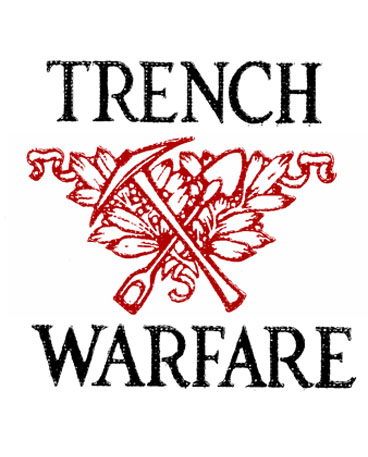“Fascism, which began in Italy as a political and social force, soon became cultural as well. Already the movement has produced a considerable literature of its own. It is a literature of thews and sinews, of conflict and aspiration: its appeal is to a people awakened to a new consciousness of the possibilities and responsibilities of a life, a people that is confident that it has recovered the elixir of youth and has faith in the future… [The writing is] wholesome and inspiring and does justice to the higher qualities of human nature. In part it seeks to vindicate the action and policy of fascism, in part to educate the youth and make the future of Italy ‘safe for democracy’ – for its unquestioning faith, for the present and the future, is fixed upon the present and the future, is fixed upon the youth of the country.”

